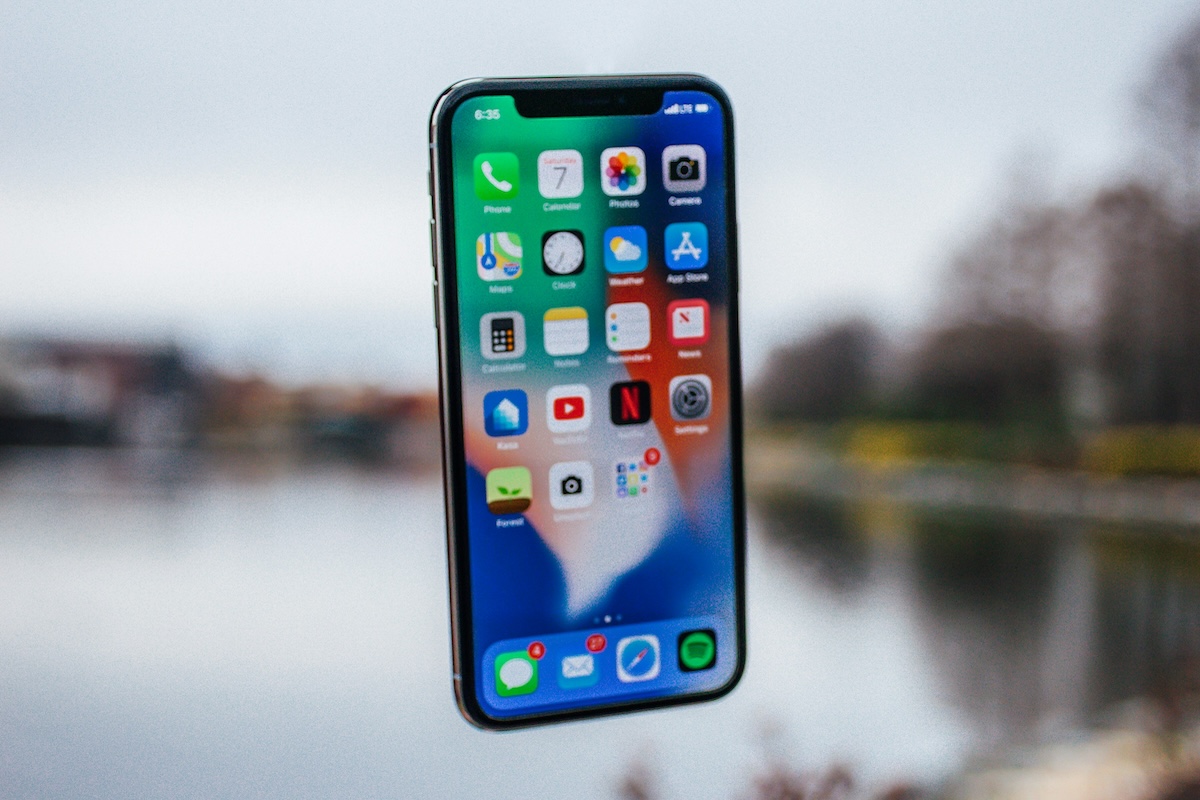Apple will soon better support third-party iPhone displays and batteries in a bid to improve its smartphones’ repairability.
A common criticism levelled at Apple is that its hardware is not built to last. The fact that iPhone batteries and displays can usually only be replaced (at a considerable expense) by official Apple stores and repair teams means that people can’t reliably fix their own smartphones themselves or with cheaper third-party service providers, like Android users can.
Typically, a replacement iPhone battery will cost around $100, while a new screen can cost as high as $250, depending on the specific device. However, Apple has started various initiatives to improve its repairability, such as extending its self-service diagnostics tool to Europe. This offers customers across 32 countries an easier way to test products for possible problems.
More software features coming to third-party iPhone components
Apple has also published a white paper called Longevity, by Design that outlines “the company’s principles for designing for longevity.” The most important detail within is that the tech giant will extend more software features to third-party iPhone components.
That means that features like True Tone, the way that an iPhone display’s white balance will automatically adjust to better match your environment, will no longer be disabled when hardware elements like the display are replaced by third parties. This means repairs will not always need to go through Apple’s cost-high streams.
Apple does note that the results may not be up to its usual standards, due to the fact that True Tone depends on variable server-side calibrations and detailed communications but the effort is being made to improve the experience for customers. What’s more, iPhone owners “will be able to deactivate True Tone in Settings if the display does not perform to their satisfaction.”
Battery metrics are also coming to third-party batteries, with the provision that Apple cannot verify the information presented. The company is still clearly wary of third-party batteries, with the white paper featuring data on many tests that led to failures as extreme as fire or explosions, in some cases.
“We encourage all consumers to confirm that the product meets stringent safety requirements,” Apple writes.
The changes will reportedly come later in 2024, suggesting iOS 18 will be required to perform the necessary expansions.
Featured image: Unsplash

The post “Apple pursues ‘longevity’ by improving support for third-party iPhone displays and batteries” by Rachael Davies was published on 06/26/2024 by readwrite.com


































